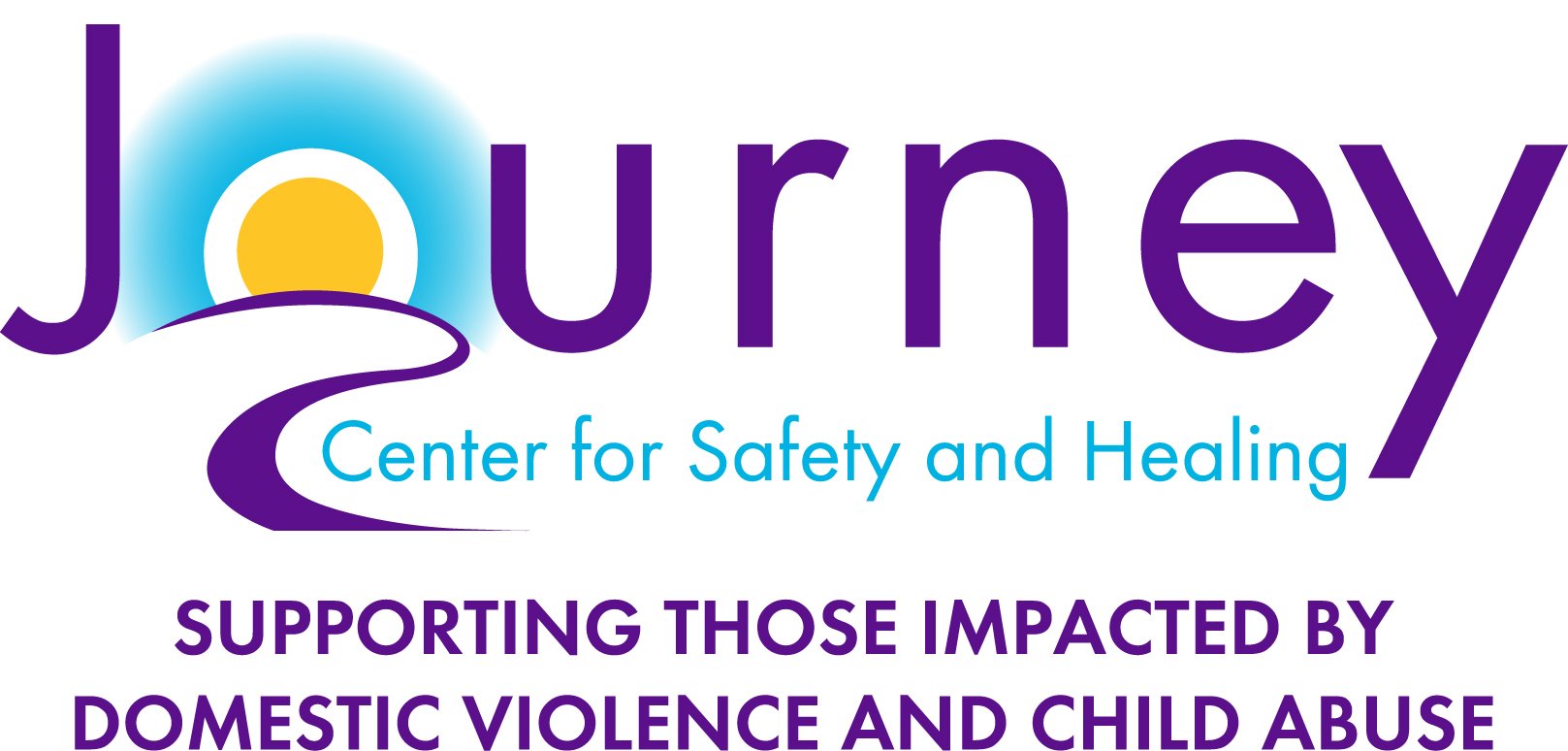Let's Talk: Why Victims Stay
Many people wonder why a victim of domestic violence doesn’t just leave. We often hear, “Why don’t they leave? If it were me… I would leave.” The truth is that leaving isn’t always the best or the safest option.
Victims stay for a variety of reasons; and it’s important to remember that their decision-making process often involves numerous factors rooted in fear, love, hope, and survival. Understanding these dynamics is necessary for supporting survivors and encouraging a more caring and supportive conversation about domestic violence.
One of the most common beliefs about domestic violence is that leaving is a straightforward process. In reality, leaving an abusive partner is rarely simple, and it often takes an average of seven attempts before a survivor successfully leaves. This process is shaped by various emotional and practical considerations, such as fears of retaliation, a lack of financial resources, and concerns about children or pets.
Survivors must weigh their options and think critically about their safety, which complicates the decision to leave. Some factors that may influence a survivor’s decision include:
Fear of Retaliation: Abusers often manipulate their victims by instilling fear. Many survivors know the consequences of leaving and believe the threats their partner has told them would happen if they left.
Emotional Attachment: Survivors have hope that their partner will change or that they can fix the situation. They have love for their partner and hope for their relationship and partner to go back to what it was at the start of their relationship.
Economic Dependence: Many survivors lack access to their own financial resources—often caused by an abusive partner. Lack of access to finances and experiencing financial abuse can make it challenging to afford housing, childcare, legal assistance, among other needed resources.
Isolation: Abusers often isolate their partners from friends and family, this can leave victims feeling trapped and feeling as though they do not have the support they need or want.
Children: Survivors often face difficult decisions regarding their children and parenting. They must think about their concerns about custody, safety, and the well-being of their children. This can include childcare, school, among other needs their children may have.
It’s vital that we understand that leaving an abusive relationship is a process. Survivors are engaged in “step-like” behavior, where they make small changes in an attempt to end the violence or prepare to leave. Steps may include seeking counseling, confiding in trusted friends, or gathering important documents for when they are ready.
The most important thing we can do is to provide support and understanding to survivors. Instead of telling someone to “just leave,” we need to listen to their concerns and validate their experiences. Everyone’s Journey to safety is unique, and survivors must ultimately decide when they are ready to take that step.
Survivors do leave—when they are ready and when it is safe. Remember, leaving requires time, resources, and a supportive community. Together, we can give survivors the strength they need to reclaim their lives.
If you or someone you know has been impacted by domestic violence, we are here for you. Our 24-Hour Helpline is always available.
Call or text our 24-Hour Helpline: 216.391.4357 (HELP) or live chat.
